Psychological Assessments and Cognitive Assessments
Take the First Step Towards Balance
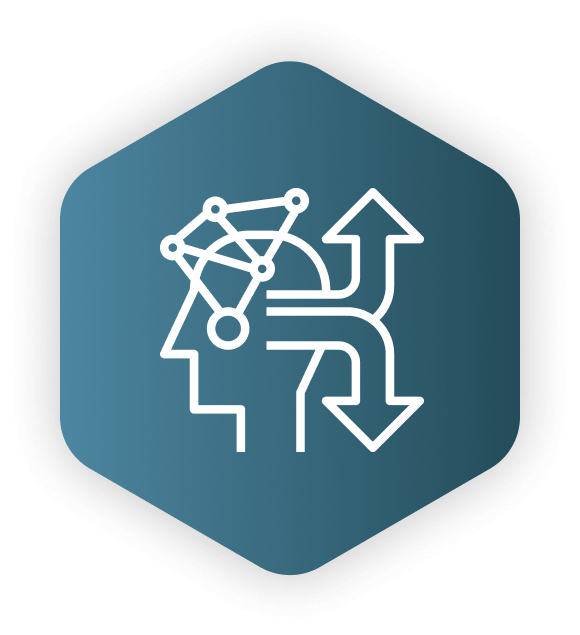
Proactive
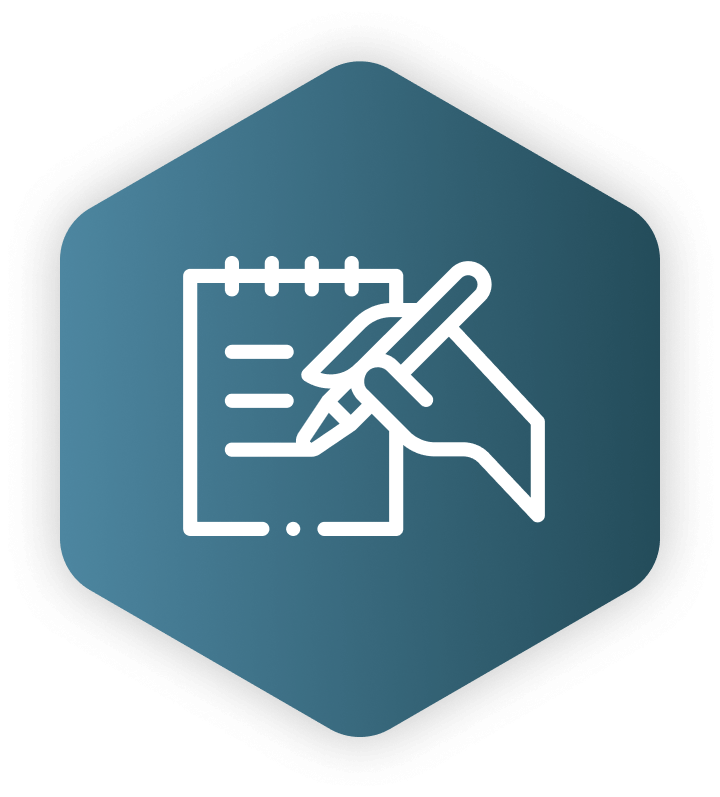
Informative
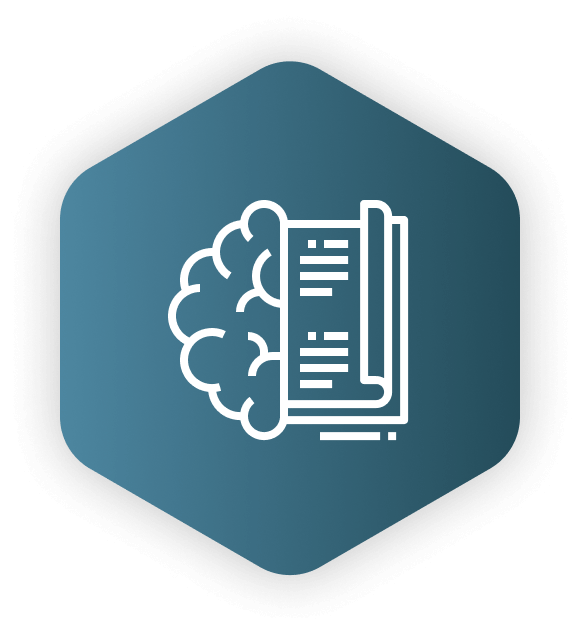
Detailed
Neuropsychological Assessment Services
Cognitive assessments are provided by a Ph.D. level psychologist who is licensed to practice in the area of neuropsychology. Assessments explore how the brain is working in relation to a concern, such as aging, brain injury, or neurological illness. They consist of a 1-2 hour interview about your background, medical history, and current difficulties. They may involve another person who knows you well, such as a family member or close friend. We use the information collected during your interview to guide further assessment, cognitive testing or treatment recommendations (e.g., mindfulness-based stress reduction or cognitive behavioural therapy), as needed. Cognitive function testing typically takes several hours (5-8, on average) and may even require more than one day. You do not need to study for this type of testing. You are simply asked to try your best so that the results are an accurate reflection of your current capabilities.
"Our greatest weakness lies in giving up."
- Thomas A. Edison
Neuropsychological Assessment Services
Cognitive assessments are provided by a Ph.D. level psychologist who is licensed to practice in the area of neuropsychology. Assessments explore how the brain is working in relation to some concern, such as aging, brain injury, or neurological illness. They consist of a 1-2 hour interview about your background, medical history, and current difficulties. They may involve another person who knows you well, such as a family member or close friend. We use the information collected during your interview to guide further assessment, cognitive testing or treatment recommendations (e.g., mindfulness-based stress reduction or cognitive behavioural therapy), as needed. Cognitive function testing typically takes several hours (5-8, on average) and may even require more than one day. You do not need to study for this type of testing. You are simply asked to try your best so that the results are an accurate reflection of your current capabilities.
"Our greatest weakness lies in giving up."
— Thomas A. Edison
Psychological Assessments and Cognitive Assessments
Assessment
Assessment
Career Assessment
Cognitive Screen
Assessment
Assessment
- If you are concerned about your mental health, including your mood, anxiety, or other symptoms which interfere with your daily functioning, a psychological assessment can provide information to guide an intervention and/or treatment plan that can address the issues and prevent the symptoms from worsening.

Assessment
- If you struggle with disorganization, forgetfulness, difficulty completing tasks, impulsivity, restlessness, inability to focus, lose things and have other behaviors which negatively impact your quality of life, an ADHD Assessment can provide clarity regarding the root of these problems and guide appropriate treatment than can improve your quality of life.

Career Assessment
- If you are experiencing employment challenges, or would like to learn more about your abilities, skills, talents, interests or next steps in your career, a Vocational and Career Assessment can describe these characteristics and how they correspond to the labour market.

Cognitive Screen
A baseline cognitive screen is an overview of a person’s thinking abilities across various domains including intelligence, problem solving ability, language, attention, learning, and memory, in relation to other people their age.
- If you are curious about your thinking abilities, a baseline cognitive screen can help you understand your current status, as well as proactively monitor changes to your brain health over time, while identifying areas for further evaluation.

Assessment
A neuropsychological assessment is an in-depth, customized examination of brain function or how the brain is working (i.e. behaviour, cognition, and emotion) in relation to a brain injury or neurological illness.
- If you are concerned about a neurological condition, an assessment can provide detailed information regarding your strengths and weaknesses, assist with diagnostic issues, and inform a neuropsychological treatment plan.

Care Wherever You Are
Our team can provide virtual care services (online or over the phone) to people across Alberta who have concerns about their physical, emotional, or cognitive health.
“Tell me and I forget, teach me and I may remember, involve me and I learn.”
— Benjamin Franklin
Why Are Cognitive Assessments Important?
Our thinking skills can be impacted by different factors, including stress, medications, medical conditions, diet, cognitive engagement, and even attitude! A cognitive assessment can help identify if any changes have occurred in your thinking abilities as a result of a specific injury or accident; provide information regarding your strengths and weaknesses; as well as assist with diagnostic clarification and provide recommendations for treatment. Assessments can also help to proactively monitor changes to your brain health over time by comparing your abilities to other people your age.
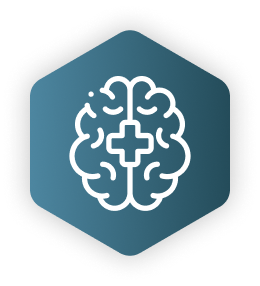
Determines the
Health of Your Brain
Describe your strengths and weaknesses and identify areas of concern by comparing your abilities to other people your age.
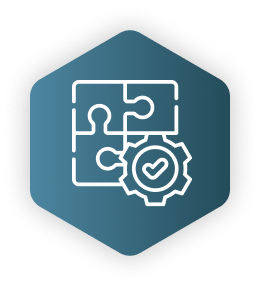
Provides a Baseline
For Tracking
Proactively monitor your brain health and any areas of concern by tracking changes in your thinking abilities and how your brain is working over time.
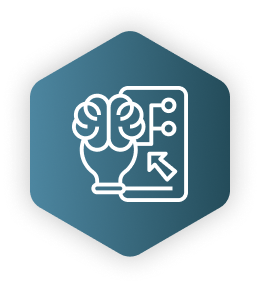
Helps Identify
Identifying challenges, weaknesses, or concerns related to daily function can serve to guide treatment planning and provide other recommendations for further evaluation.
Pillars of Our Practice
Assessment
Assessments are tailored to identify behavioural, emotional, and cognitive concerns related to your brain health, as well as provide diagnostic clarification, describe changes over time, and guide treatment recommendations.
Prevention
Individualized treatment is designed to address your unique needs and goals, the challenges or barriers that may be interfering with your best self, and your ability to live in accordance with your values.
Treatment
The prevention of illness begins with evidence-informed education and skill-building to help you optimize factors that support healthy aging (e.g. mental health, sleep, exercise, diet, stress management, etc.).

Psychological Assessments and Cognitive Assessments at Balance: Psychology and Brain Health
If you are struggling with anxiety, depression, sleep concerns, pain, cognitive abilities, or overcoming disability and returning to work, we encourage you to connect with us for a discussion on how we can help. Individualized treatment is designed to address your unique needs and goals, and the barriers that may be interfering with your best self. We can also work collaboratively with other members of your healthcare team as needed. If we are not able to provide the type of intervention or treatment that is right for you, we will make suggestions for other providers who may be able to help.
"There is hope, even when your brain tells you there isn't."
— John Green
Cognitive Assessment at Balance: Psychology and Brain Health
If you are struggling with anxiety, depression, sleep concerns, pain, cognitive abilities, or overcoming disability and returning to work, we encourage you to connect with us for a discussion on how we can help. Individualized treatment is designed to address your unique needs and goals, and the barriers that may be interfering with your best self. We can also work collaboratively with other members of your healthcare team as needed. If we are not able to provide the type of intervention or treatment that is right for you, we will make suggestions for other providers who may be able to help.
"There is hope, even when your brain tells you there isn't."
— John Green

